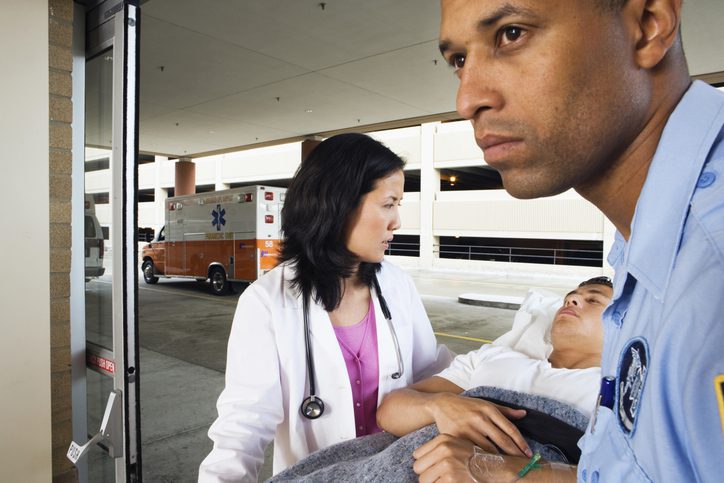When you are struggling with drugs or alcohol, it is always tempting to tell yourself some lies so that you do not have to face up to the problem.
“I could quit anytime I want.”
“I don’t really have a problem because nothing bad has happened.”
“I’m just a social drinker.”
No doubt you could list even more half-truths or outright falsehoods that people—perhaps even you—use to ignore the signs of a developing (or full blown) substance use disorder. Repeating these kinds of lies to yourself can keep you out of treatment and prevent you from reclaiming your sobriety and your life.
There is another lie that those with a substance use disorder sometimes tell themselves—and it can cost you your life. That’s not a metaphor; that’s the truth. The lie?
“There is absolutely no way I would ever overdose.”
The truth of the matter? The risk of overdose is always present. That is one of the reasons it is so important to get into treatment to regain your sobriety as soon as you realize you are having an issue with drugs or alcohol.
An Overview of Overdoses
Overdoses can, of course, occur in a variety of ways.
For example, drug overdoses are a significant risk to young children from the time they learn to crawl to about age 5 because they may get their hands on medications and ingest them. Adults with mental impairments are often at a similar kind of risk.
Adults—including senior citizens—who take many different medications could overdose by mistaking one pill for another or by taking the wrong dosage of a prescription.
Additionally, some overdoses are the result of a suicide attempt.
Each and every one of those kinds of overdoses can lead to a tragic death. But the scenarios we have listed are far from the only way a person might end up overdosing.
The Danger of the Unexpected Overdose
One of the reasons the danger of overdose is always present is that every person is affected by drugs differently. That means no one knows how much of a drug they can “safely” take (we would suggest, of course, that taking illicit drugs or misusing prescription drugs is never safe) without risking an overdose.
To put it bluntly: It is possible for a person to overdose—and to die—the very first time they use drugs, regardless of how much or how little they take.
New users may be especially at risk if they are introduced to drugs by a longtime user who provides the inexperienced person with the same amount they are taking. That dosage may very well turn out to be toxic to the person trying drugs for the first time.
Speaking of longtime users, they, too, are at significant ongoing risk of overdosing. An overdose may occur as a result of building up a tolerance over time. As a person needs to take more and more of a substance to achieve the same high, they are constantly inching closer to the amount that will be toxic to them.
The risk is also great to a person in recovery who relapses after a significant period of sobriety. Their body may no longer be able to tolerate the amount of a drug they were taking before they got sober. The shock to the system can be deadly.
We Simply Cannot Overstate This: Get Help Now
It is simply not the case that some drug users are somehow immune from overdosing. It may feel that way in the moment when a person is high and feels invincible. But the truth is that the specter of a potential overdose is always looming.
The best way to avoid overdosing? Stop using drugs.
That, of course, is pretty easy to say, but it can be devilishly hard to do. That’s where we come in.
At Bel Aire Recovery Center in Kansas, we are dedicated to the work of helping people regain and maintain their sobriety. Our three-part program—medically supervised detoxification, a personalized approach to rehabilitation, and a commitment to a continuum of care—is built around evidence, expertise, experience, and empathy. Each person we help is treated as the unique individual they are.
If you are struggling with drugs or alcohol, don’t wait for things to get worse—or for the situation to turn deadly. Get the help you need right now. You will keep overdoses at bay while building a better future for yourself.




